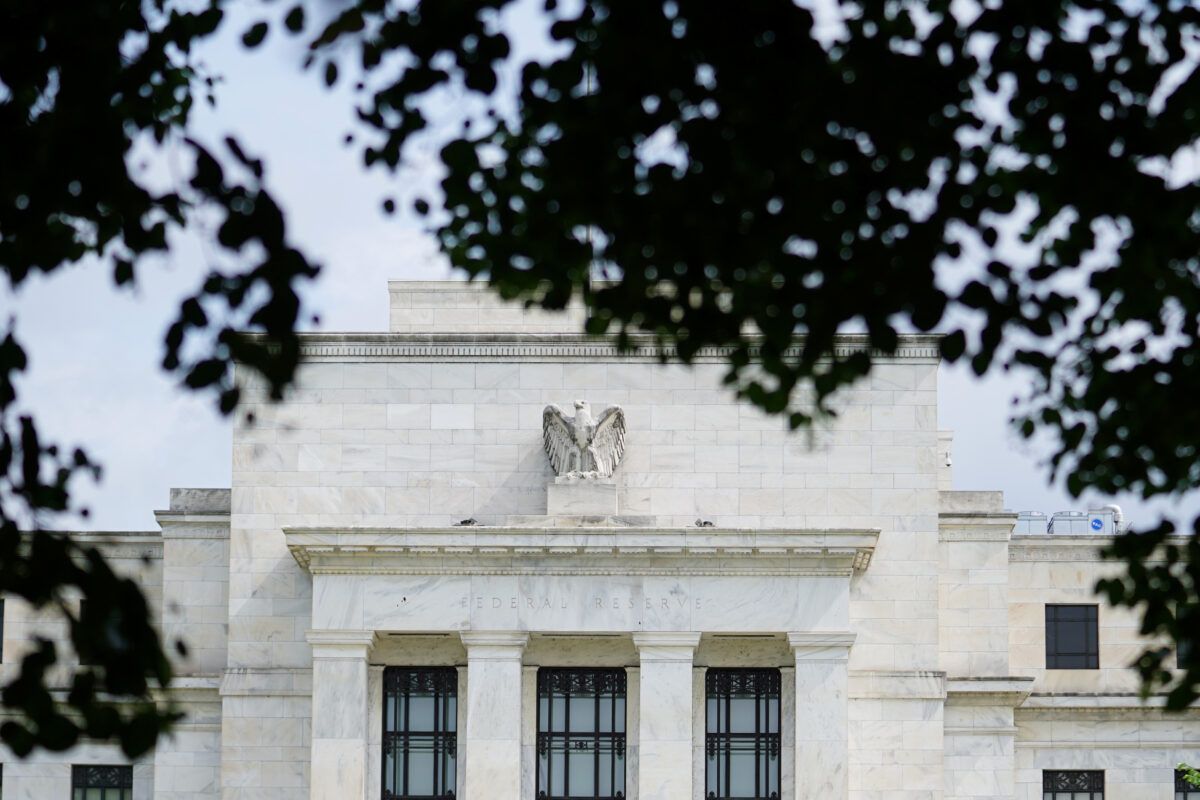

Federal regulators who fell asleep at the wheel and failed to do their job of preventing distress in the banking system need to be held accountable., lawmakers argued at a Senate hearing.
The Senate Banking, Housing, and Urban Affairs Committee held a hearing to hold executives accountable after the three bank failures.
There was chatter about how banking executives and deregulatory efforts in Washington contributed to the latest banking turmoil; there was bipartisan agreement that federal regulators must also be held responsible because they did not employ their authority to stop the meltdown at Silicon Valley Bank and Signature Bank.
“This was a failure in three parts, and we must discuss accountability across the board for bank executives, bank regulators, and this administration’s inflationary spending policies,” Sen. Tim Scott (R-S.C.) said in his opening remarks.
Many Republican officials have asserted that President Joe Biden’s inflationary policies forced the central bank to become more aggressive on monetary policy, resulting in pressures in the financial sector.
Meanwhile, lawmakers on both sides of the aisle made several allusions to the two recent reports from the Federal Reserve and the Federal Deposit Insurance Corp. that reviewed what happened.
It was reported that when Silicon Valley Bank collapsed, it had 31 open supervisory findings, including “matters requiring attention” and “matters requiring immediate attention,” which were all flagged to the bank’s management. Moreover, these findings dated as far back as June 2019, but the more egregious ones started occurring in the summer of 2021, such as “weak risk management,” “enhanced liquidity risk management,” and deficient “contingency funding plan.”
The central bank concluded in its report that the failures resulted from bad management and the Fed failing to do its job.
“Following Silicon Valley Bank’s failure, we must strengthen the Federal Reserve’s supervision and regulation based on what we have learned,” said Vice Chair for Supervision Michael S. Barr. “This review represents a first step in that process—a self-assessment that takes an unflinching look at the conditions that led to the bank’s failure, including the role of Federal Reserve supervision and regulation.”
Over the past two months, there have been renewed calls to add more regulation to the financial sector to prevent this from happening again.
However, some have suggested that the Fed and other regulatory agencies should not be granted additional power since they could not exercise the authority they currently possess.
Scott noted that if restaurants in Charleston had 31 health and safety violations, they would be shut down immediately.
“But what’s more, if an inspector failed to take note of those 31 safety or health issues in the first place, they would lose all credibility and their jobs,” he said.
“I know we often hear about all these rules and all these regulations on banks, but we also know this town swarms with bank lobbyists, so often getting their way in weakening those rules and intimidating regulators,” said Sen. Sherrod Brown (D-Ohio), who is also the committee chair.
But Thomas Quaadman, the executive vice president of the Center for Capital Market Competitiveness, was not so quick to advocate for new or more regulatory authority in Washington.
The FDIC, for example, presently maintains the authority to hold senior leadership and directors liable.
“We think the authorities are there,” Quaadman said, adding that with the information currently given to the public, it is clear “sufficient action was not taken” by federal regulators.
He cited one issue as an example of what was not done. SVB management refrained from communicating with the Board of Directors about the company’s problems.
“That’s a red flag that should have been jumped on immediately and wasn’t,” Quaadman noted.
The new worry among lawmakers is that regulators might try to over-regulate and potentially threaten small- and mid-sized banks, many of which are struggling in today’s rising-rate climate.
“My concern is—similar to what happened in 2008—that the regulators will respond in a way where they put the screws to the banks who are following the rules, and the board is paying attention, and the executives are doing a good job,” said Sen. Jon Tester (D-Mont.).


